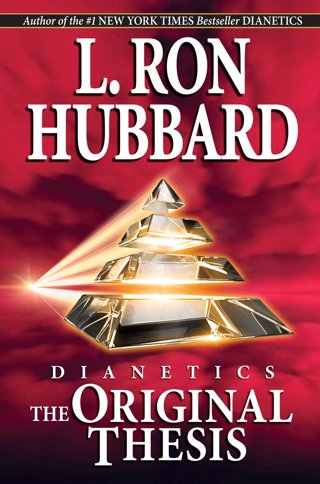Indicators on Dianetics You Need To Know
Indicators on Dianetics You Need To Know
Blog Article
What Does Dianetics Mean?
Table of Contents6 Simple Techniques For DianeticsThe Best Strategy To Use For DianeticsThings about DianeticsThe Greatest Guide To Dianetics
I couldn't ever before not wish to obtain anything that comes to mind for you- if it was or else, I would not be sitting right here with you, doing this. I not only might never ever have a problem, or not desire to listen to something that comes to mind for you, yet I'm completely anxious to know every idea, every idea, every image or sensation that arises or manifests for you- do not ever believe or else, and if somehow you do, please just allow me understand! Occasionally, you may have an idea, and picture, concept or occurrence appear that does not seem to address the question, or connect to it, yet nevertheless, constantly do inform me about it, and as we continue, the significance will certainly emerge for you.This is fundamental in the basis of processing, and the topic of this conversation: the basic functions of the therapist and the customer: The standard role of the therapist is, in contrast to "conventional training", not to manage, which means to apply and/or hinder, but to rather function from the basis of EMPOWERING THE CUSTOMER.

The Main Principles Of Dianetics
John Mcmasters revealed this standard truth incredibly well in one of his talks on Power handling, where he discusses just how he was asked what this "special flair" was that he had for offering such terrific sessions; he needed to think of that for a minute, and detected that it was what he wasn't doing, as well as what he was doing: he wasn't reviewing, judging, computer, or actually, generating any kind of thoughts, not to mention verbal expressions, after providing the command and while awaiting the computer to complete their response to their fulfillment; he was, just and only, being existing with the computer, and totally interested.
The role of the therapist, demonstrated; that was his "special propensity". I have had my very own experience which educated me this well, really early in the video game. In 1982, having actually just recently completed my training and teaching fellowship on New Period Dianetics, I was running this on a COMPUTER, and there was a point in the session where (being a bit wet behind the ears not yet having several hours under my belt as a professional auditor) the PC seemed to be "taking also long" to reveal anything verbally after I offered him a command.
This trick became one of the most beneficial contribution that John ever made to the topic of treatment or bookkeeping (Dianetics). In my humble point of view, it is the greatest contribution that anyone has actually ever made to these subjectsthe application is totally non-judgemental, non-evaluative, and lacking any idea, advice or opinion.no preconceived program for individuals, or 'degrees' that they should do
In Idenics, the only resource of info regarding a client is the private client. In Scientology we prided ourselves on not reviewing for people. But all that actually meant was that the auditor did not VERBALLY review for the computer in session. The registrars and ethics policemans evaluated for the computer.
Dianetics Fundamentals Explained

Any individual that had actually ever before seen John audit can not assist yet discover an unique top quality in his auditing."The client's fundamental duty is to be there with the objective of moving right here in the instructions of their spiritual objectives, and to freely and fully share and experience whatever materializes for them in answering the inquiries and executing the instructions in the handling.
This is something to process as needed. Yet additionally, people frequently have previous experience and/or indoctrination in auditing/processing which, somehow, and to some extent, really misleads them right into perspectives, concepts and behavior patterns that avoid the complete understanding of these roles, therefore they will often tend to prevent the expressing of what comes to mind, as in the instances provided above. * The first, and probably foremost instances of mis-indoctrination resulting in less than entirely smooth and efficient sessions, can be found in particular elements of the training regimens, or "TR's":"TR's" are often see this an individual's very first, or a minimum of early, experience in Scientology, and while I will take place to discuss what I see as the imperfections in concept and practice, however, often tend to be substantially restorative, done as they are offered (Hubbard firmly insists that "TR's are not refining, they are educating", however factually, they are both processing AND training)
There is no "failing", and no rejection of the fact of this being processing. The emphasis, as it ought to be, is on experiencing the other person's presence.
What Does Dianetics Do?

Report this page